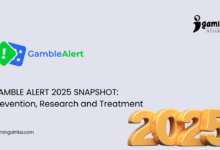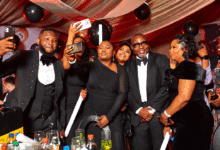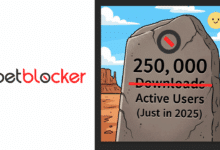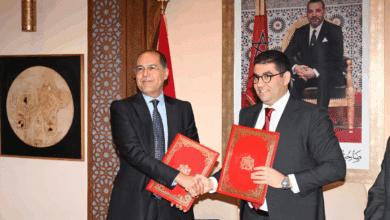Responsible Gaming and Mental Wellness: Insights from Olabimpe Akingba
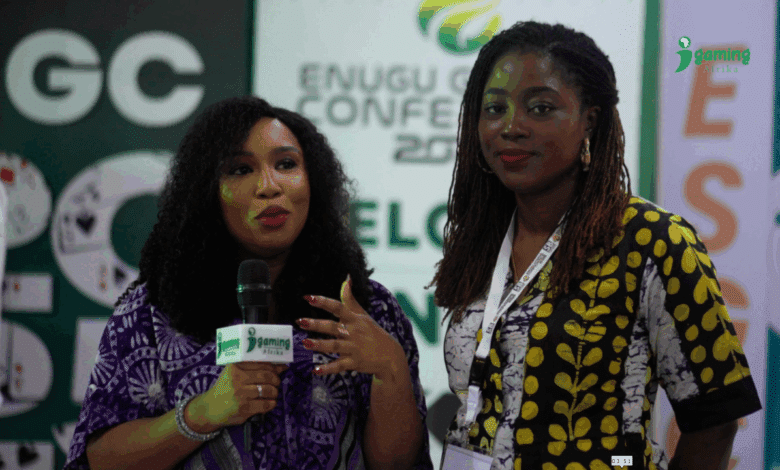
At the Enugu Gaming Conference 2025, responsible gaming took center stage as industry leaders explored how operators can balance growth with player protection. Among the key voices was Olabimpe Akingba, Group Head of Responsible Gaming at pawaTech.
She shared insights on the importance of protecting players’ mental health, dispelled misconceptions about industry efforts, and highlighted the need for collaboration between operators, regulators, and wellness organizations.
Drawing on her work with betPawa, she outlined the proactive measures already in place, including partnerships with mental health facilities, responsible gaming tools such as self-exclusion and self-assessment, and ongoing educational content designed to promote safer play.
During the session, questions emerged about how the industry can better safeguard the mental health of players, particularly young people. While many participants suggested campaigns and awareness drives, Olabimpe emphasized that operators such as betPawa have already taken significant steps that go beyond regulatory obligations. She highlighted concrete initiatives already in place, pointing to betPawa’s partnership with a specialized mental health facility:
“On our part at betPawa, I could mention that already we collaborated with a mental wellness facility—that is Tranquil and Quest Behavioral Limited. They are our RG partners. They support our customers who might find themselves already in problem gambling. So, they are able to call them and go through treatment. And this partnership has been in existence since 2022.”
She also emphasized the importance of raising awareness about the responsible gaming tools already available to players. On betPawa’s platform, for instance, customers can access a self-exclusion feature, educational content on safe gambling practices, and self-assessment questions that help them evaluate whether they are maintaining healthy habits or drifting toward risky behavior.
Akingba stressed that the conversation around responsible gaming should move beyond criticism and focus on collaboration. “This is not a time for anyone to be driving narratives that are not factual. It is always good to sort of give like a 360-degree overview of what is ongoing. And I’m not saying that we are in a perfect place. I am only saying that it is important that we acknowledge the progress that has been made and what we can do better rather than to say nothing is being done.” She emphasized that while there is room for improvement, the industry’s progress must be recognized, and more energy should be directed toward education and partners








